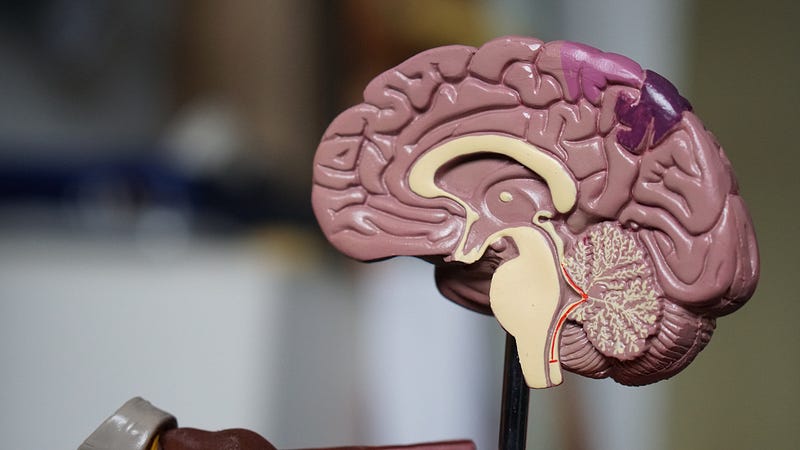A Beacon of Hope: Innovative Treatments for Alzheimer’s Disease
Written on
Chapter 1: Understanding Alzheimer’s Disease
Alzheimer’s disease is a neurodegenerative disorder that leads to memory loss and cognitive decline, impacting millions around the globe. Families and researchers have struggled against the profound effects of this condition for years, often left with few treatment options. However, recent advancements in research are beginning to illuminate a path forward.
Section 1.1: Breakthrough Medications
The spotlight is on two groundbreaking medications: lecanemab and donanemab. Both are designed to combat the accumulation of amyloid plaques in the brain, which is a defining characteristic of Alzheimer’s.
Lecanemab: This monoclonal antibody, marketed in the US as Leqembi, has demonstrated the potential to slow cognitive decline by 27% in individuals with early-stage Alzheimer’s during clinical trials.
Donanemab: This antibody, currently in clinical trials, has shown even more remarkable outcomes, with indications that it can slow cognitive decline by over 36%.
These initial findings mark a considerable leap in Alzheimer’s treatment. While not a cure, these medications could significantly prolong the period during which patients can maintain cognitive abilities and independence.
Subsection 1.1.1: Exploring Beyond Amyloid Plaques

In addition to targeting amyloid plaques, researchers are exploring other promising avenues:
- Tau Tangles: The accumulation of tau tangles is also implicated in Alzheimer’s. Several drugs aimed at tau are currently in development, with some early-stage trials yielding positive results.
- Inflammation: Ongoing research suggests that chronic brain inflammation contributes to the onset of Alzheimer’s. Investigations into anti-inflammatory medications and lifestyle changes to reduce inflammation are underway.
- Genetics: Understanding genetic risk factors associated with Alzheimer’s may facilitate the development of personalized treatments and targeted therapies.
Section 1.2: A Cautious Outlook
While the results are encouraging, it's important to approach these developments with cautious optimism. The research is still in its infancy, and additional studies and clinical trials will be essential before these therapies can be made widely available. Furthermore, the high costs of these treatments and possible side effects are valid concerns.
Chapter 2: Reasons for Hope
The first video discusses the FDA's unanimous recommendation for a new treatment targeting Alzheimer’s disease, highlighting the growing evidence supporting innovative therapies.
The second video examines promising results from a new Alzheimer’s treatment, emphasizing the potential impact on patient care.
Despite the challenges, these recent breakthroughs signify a meaningful advancement in the battle against Alzheimer’s. They offer hope to patients and their families and serve as an impetus for ongoing research and development. With persistent efforts, we can aspire to a future where Alzheimer’s is not just managed, but eventually prevented.
Remember: Timely diagnosis and treatment are vital for effectively managing Alzheimer’s. If you or someone you care about is experiencing memory issues, it is crucial to seek guidance from a healthcare professional.
Stay Informed:
Keep abreast of the latest developments and research in Alzheimer’s treatment by following esteemed organizations such as:
- Alzheimer’s Association
- National Institute on Aging
- Alzheimer’s Society
- Cure Alzheimer’s Fund
Together, we can harness this momentum and transform hope into reality for those affected by Alzheimer’s disease.